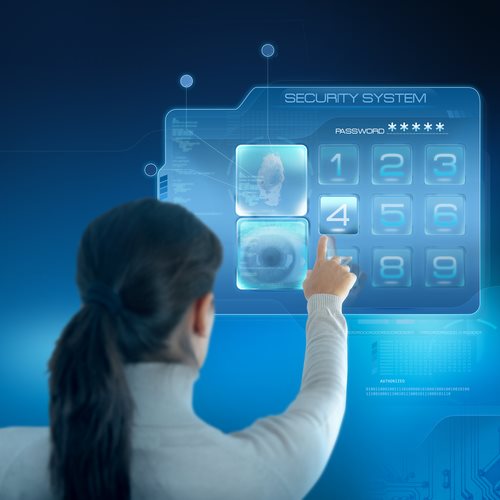Learn About Denial of Services Attacks

A denial of service attack is a specific violation of computer crime law. A denial of service is also known as a DoS attack. In a denial of service attack, a hacker will use a computer to bombard another site in an attempt to make the use of a particular computer or website more difficult, if not impossible.
A denial of service attack may be the sole computer crime law that a hacker may attempt to perform during a denial of service attack, but a denial of service attack may instead be used to conceal another computer crime law violation, such as computer fraud, identity theft, or phishing attempts to acquire personal information.
Often the computer crime law that is violated during a denial of service attack involves the use of a specific type of spam. While spam is usually considered to exclusively happen through e-mail, a hacker is also able to spam a particular website with a series of information requests.
These spammed information requests are also known as pings. These types of pings, as is the case with spam e-mail, involve the perversion of perfectly valid and legal techniques in an attempt to violate a computer crime law.
A denial of service attack may be performed by a particular, individual hacker, or may be carried out by several different hackers working in concert with each other. The violation of computer crime law may involve a denial of service attack performed by a single computer, or by a series of computers that have been infected by malware, or malicious software. A computer that has been infected by malware may contain code that allows the hacker to directly control another person's computer in order to execute a DoS in an attempt to bring down a particular website.
However, a denial of service attack is not always intended to be a violation of computer crime law. Sometimes, a company will hire individuals who have been engaged in hacking in the past to attempt to launch a denial of service attack against a specific website which they run in order to perform a stress test on the website to see how many requests for information the website would be able to handle before crashing.
A denial of service attack is closely related to when a website becomes unavailable because too many people are attempting to access a particular website.
A denial of service is a violation of computer crime law, but a website crashing because it is visited by too many people for the website server to handle does not violate computer crime law because of the intent of the person to set off the flurry of visits to a website.
An article on a website which links to an interesting website and results in the second website crashing has not violated computer crime law because the first website did not intend to cause the second site to become unavailable. In contrast, a website that organizes a denial of service attack does so with the intention of causing the second website to crash



















